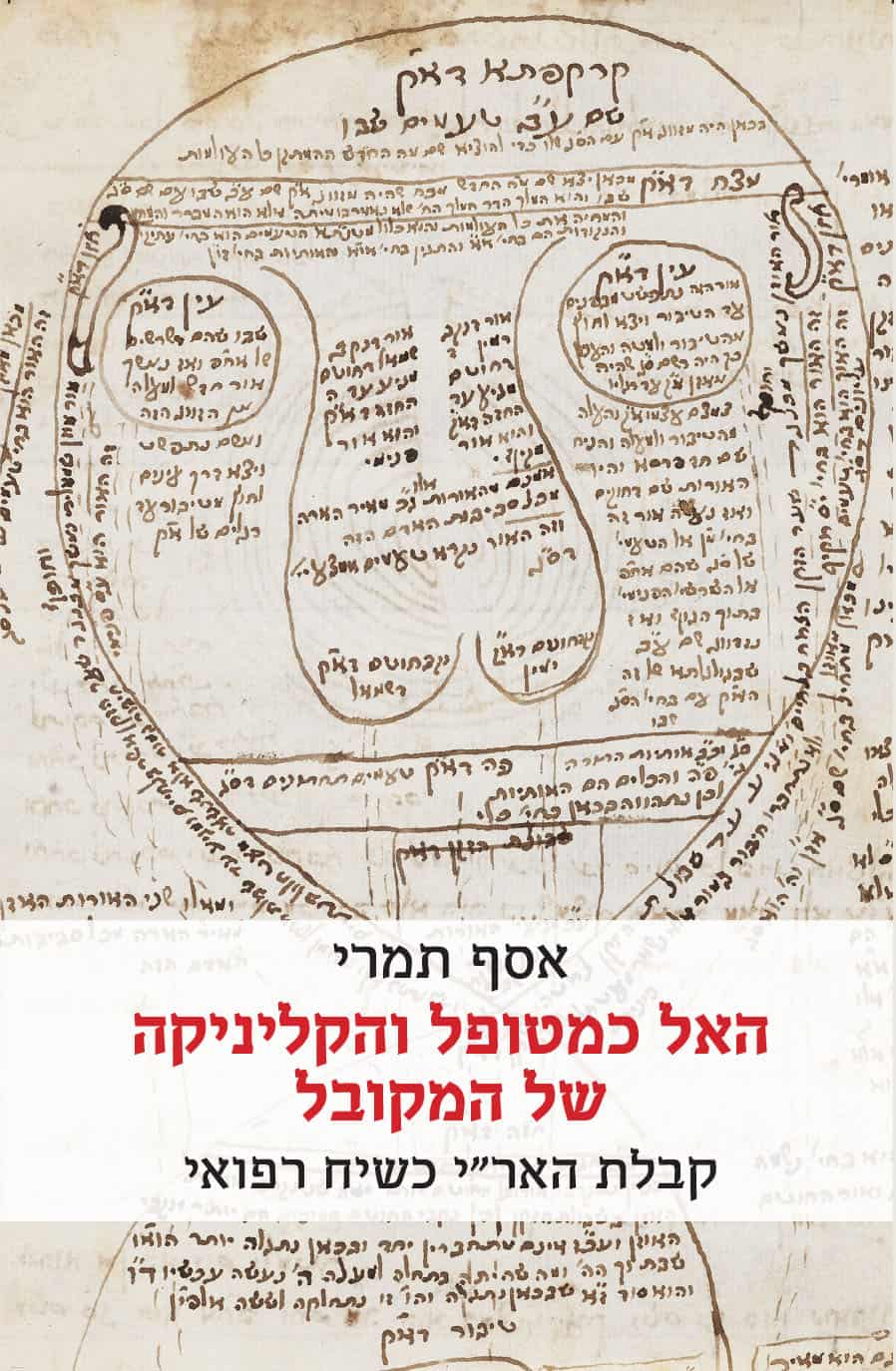The Great Transformation
The Political and Economic Origins of Our Time
| By | Karl Polanyi |
| Translation | Shunamit Lifshitz |
| Publisher | Van Leer Institute Press and Hakibbutz Hameuchad |
| Language | Hebrew |
| Year of Publication | 2020 |
The Great Transformation is one of the most important history books of the twentieth century, and its importance is recognized to this day. In this book Karl Polanyi reveals the roots of the catastrophe that befell humanity during his lifetime. The story begins with the process of industrialization, which accelerated at the turn of the nineteenth century. This process engendered a material and conceptual revolution that destroyed the institutions of traditional agrarian rural society and introduced a new world order that espoused individual liberty and free trade, and that yoked them closely to each other. In this linkage, which subordinated human life to the laws of commerce, lie the seeds of the calamity. “Instead of economy being embedded in social relations, social relations are embedded in the economic system.” Thus Polanyi summarizes the reversal that marked the coming of capitalism. The result was continuing harm to the fabric of the community, family life, and social relations in general. But the harm was not limited to society: The “free market” had a no less destructive effect on the economy, as is evident from the frequent crises that destabilize the functioning of the economy at the national and international level. The most salient of these crises was the Great Depression of the 1930s, which led to national and global economic collapse. This was the breeding ground of Fascism—a desperate response of a helpless public to the power of the market. Karl Polanyi’s interpretation enables us to better understand the current difficulties, especially the causes of the crisis of liberalism that is developing in our time. In light of the economic, social, and environmental crises that have befallen the global capitalist world in the twenty-first century, Polanyi’s thought is again arousing great interest and receiving renewed recognition.
Karl Polanyi (1886–1964), an intellectual of Jewish-Hungarian origin, was a multidisciplinary thinker and one of the most important social historians of the twentieth century. He developed a comprehensive view of the nature of economic relations in various social frameworks, and this preoccupation led him—partly through historical and anthropological research—to an analysis of the market economy as a unique form of social organization. Polanyi grew up toward the end of the Austro-Hungarian Empire. He studied law and during World War I he served as a cavalry officer in the Austro-Hungarian army. In 1924 he left Hungary for political reasons, moved to Vienna, and worked there as an economic journalist. His political thought, which reached its peak in The Great Transformation, took shape against the background of the Great Generation of Budapest, the brief experiment of Red Vienna, and Catholic social thought. With the rise of Fascism, he fled to London. Later he immigrated to North America, where he taught, researched, and wrote to his dying day.
To read the letter that Prof. Kari Polanyi Levitt, the author's daughter, wrote for the book launching event >>>




